Why isn’t my baby talking? (And when should I worry?)
{By: Cara Tyrrell} Your baby arrived into this world and immediately began communicating with you through crying, then cooing, babbling, and playing with sounds. And although you knew they would talk someday you wondered, when?
Why we want them to talk & Speech Delay Signs
Because communication and language are not the same thing.
As adults, we communicate quite clearly through gestures, raised eyebrows, deep sighs, jumping for joy, music, body language, slamming doors, peeling out of the driveway, tears of joy, facial expressions and – a personal favorite in my household, the hairy eyebrow – all without saying a word.
In fact, our pre-verbal kids are masters of communicating their feelings, needs, wants, desires, how much they love us, how overtired they are, how hungry they are, and when they want that one toy that sits in timeout on top of the fridge – all without words.
And yet, we yearn for them to ‘use their words’ and we say things like, “If only I knew what they were thinking”.
Of course we do! One of our base human needs is to be understood and this happens when we use language to convey meaning.
Using words to communicate with other people is how we feel heard, how we feel seen, and how we make meaning of the relationship we have with each other. So it makes sense that we just can’t wait until our child starts to talk back to us.
But it seems to take forever.
When Should They Talk?
There are guidelines, milestones and rules of thumb. There are comparisons to the norms of other kids across the country who are the same age, but your child’s journey to efficiently communicating with you is uniquely theirs.
Their first birthday approaches as you watch your 14 month old niece talking in full sentences and you wonder – should I worry that they have a speech delay?
They hit 18 months and you find yourself listening to every other child at the daycare, at playdates, comparing and wondering – you call your pediatrician and ask is now when I see speech delay symptoms?
Their second birthday approaches but Aunt Edith reminds you that her kids didn’t talk until 3, then busted out in complete sentences and never stopped talking since. So, maybe there isn’t a reason to worry.
And meanwhile, while you wait, you see your little one getting more and more frustrated. They may not be talking but they are thinking. Your little ones have upwards of 70,000 thoughts a day while their brain makes 1 million neural connections every minute in the first few years of life. There’s a lot going on in there. And without the ability to use speech, to communicate with you what they’re thinking and those new connections that they’ve made.
The Pandemic Effect – One Reason for Speech and Language Delays
From birth to three, your baby’s brain makes 1 million neural connections every minute. As they grow, those connections create upwards of 70,000 thoughts a day! As their caregivers, we create the nurturing environment that supports healthy connections and development that set the foundation for language learning, how they interact within relationships, and the trajectory of their future as learners.
In short, your infants and toddlers may not be talking, but they are thinking.
Babies born during the pandemic were born into a state of language isolation. They heard fewer voices, conversations, and unique vocal tones. They also experienced far less conversational back-and-forth interactions with their parents and caregivers, known as ‘serving and returning’ language.
As a result, studies are beginning to conclusively show that babies born during the pandemic are exhibiting delays across the typical milestone board, but particularly notable are the speech production and language development.
In fact, Sean Deoni from the Advanced Baby Imaging Lab and the LENA foundation fear the long term effects are just beginning to show themselves for babies born between 2019 and 2021. “It’s not that they start off low and they’ll slowly get back to [normal], but [they] actually seem to be decreasing as time is going on, which means that the cumulative impact of the COVID environment seems to be getting worse”.
So When Should You Worry?
When their desire to tell you what they are thinking doesn’t align with their speech development and begins to cause behaviors while negatively impacting your parent/child relationship is when communication frustration gets real. Real for them, really loud for you, and really frustrating for both of you!
This is when you should take action. What can you do? Here are three action steps that you can take if you feel your child needs support learning to communicate their needs, wants, thoughts, desires, and feelings.
What Can I Do?
- Give them a tool to use as a bridge to speech. Their words might not work yet but their hands do! Give them ASL signs to use until they can pronounce words and string them together into sentences. Turn crying into communicating so you have fewer tantrums to manage. This course only takes 5 minutes a day!
- Organize playdates with kids who are speaking in full sentences. Give them space to practice engaging with each other, playing, and problem-solving. The auditory model is magic!
- Speak to your child the way you’d like to hear them talk. When they use one-word or phrase, respond with the full sentence prompt. For example, if they come up to you and say “help”. Respond with, “Oh, you’re asking me for help? You could say, “Help me please” – you say it.
- Limit screen time. The brain hears and processes language from a screen input differently than it does when you are engaged in focused, face-to-face interaction and conversation. This is because we pull meaning not just based on the words we hear but the space we are in, the faces we see, and the energy of the interaction. Whether you are streaming CoComelon or Bluey, limit when and how much you allow your baby to watch.
- Google “early intervention speech therapy _(your state here_)” and call your local program. Request an assessment and get them enrolled before they turn three. The requirements to qualify for speech and language support become much greater after their third birthday and it can take time to get through the approval process. So don’t wait, call now.
Still not sure if you need support? The very best thing you can do is consult with an early childhood parent educator to expertly guide you to choose easy-to-implement, in-home strategies for your baby’s speech development.






